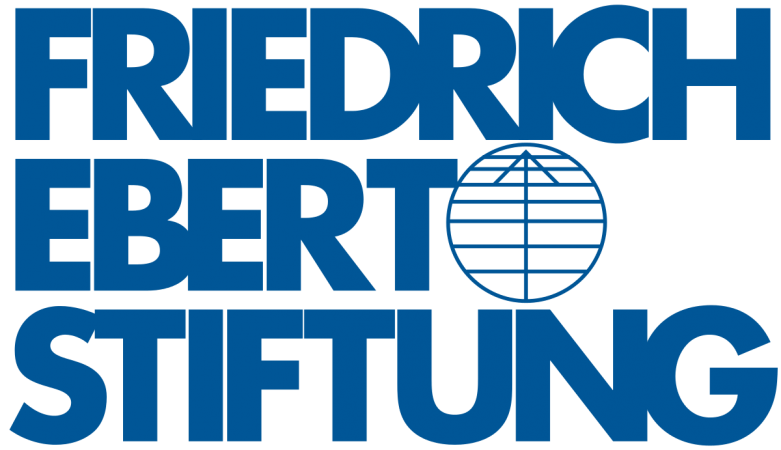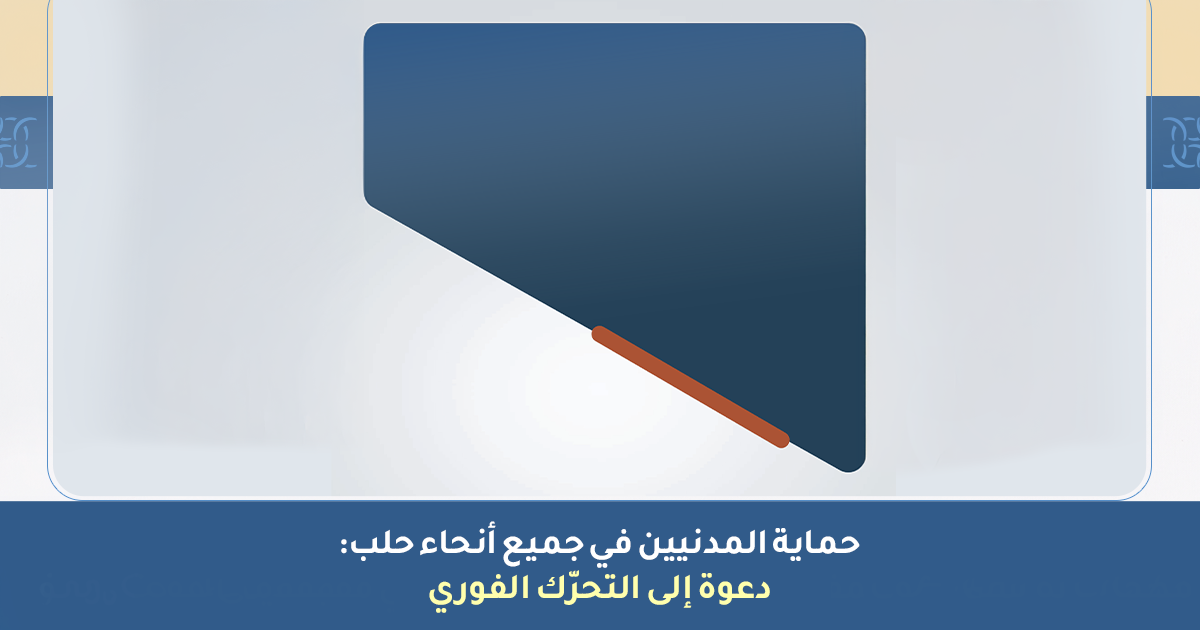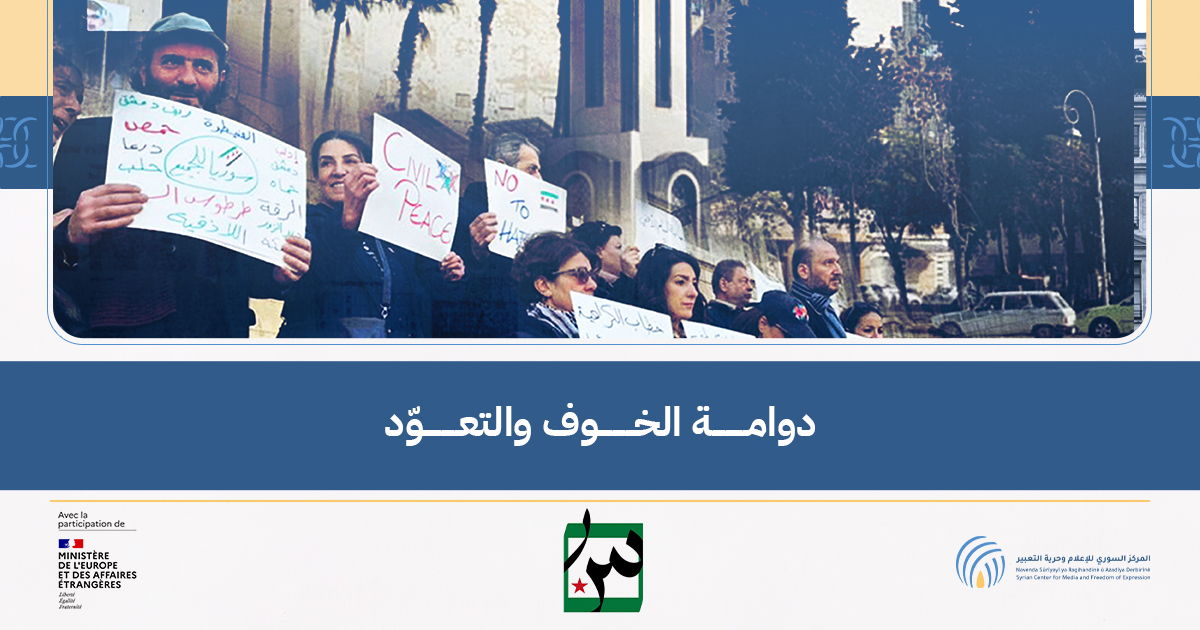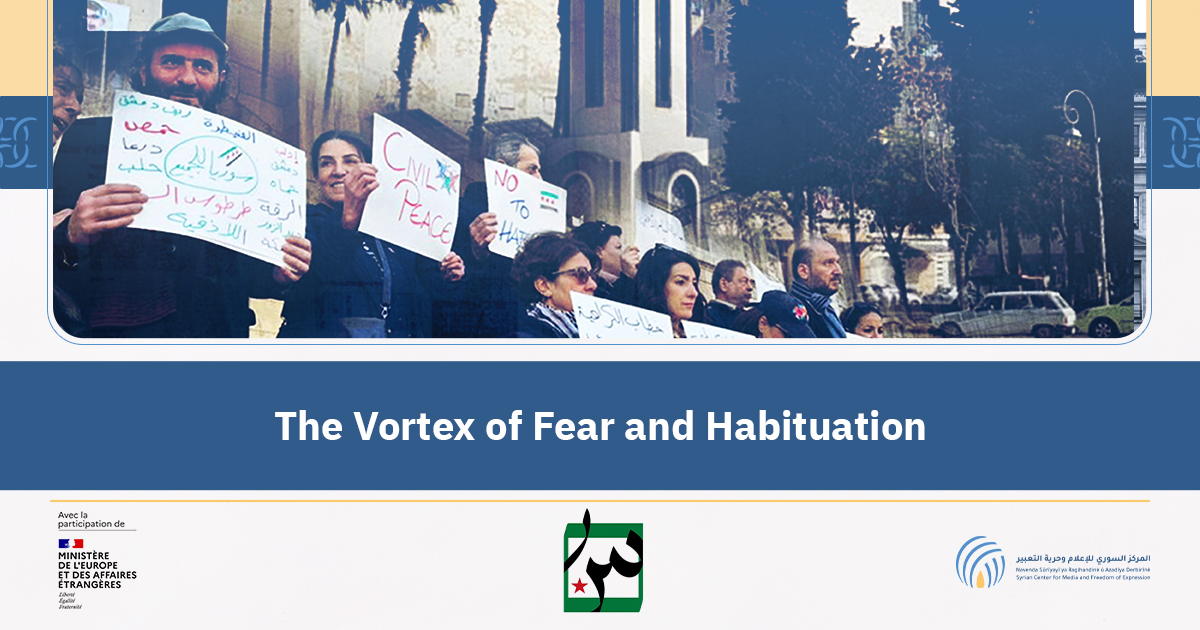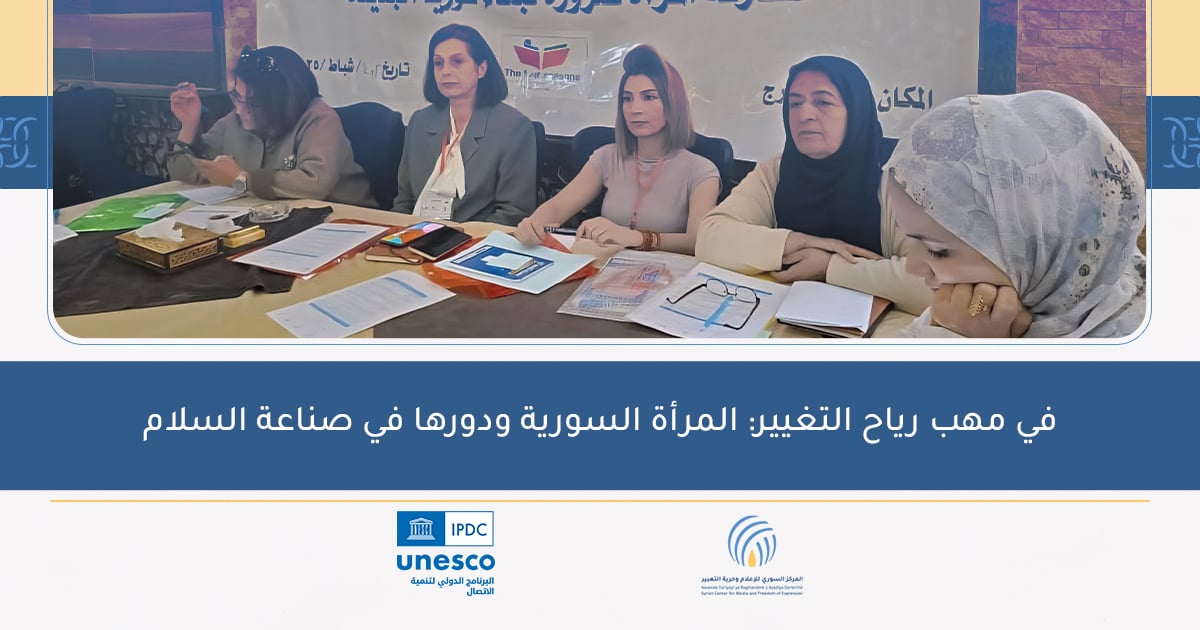The initiative aims to strengthen the research skills of promising young Syrian researchers and to develop knowledge about the relations between local communities and supra-local powers.
The intermediaries linking local communities to outside authorities are central to how political power is distributed and used in contemporary Syria. These local intermediaries have, historically, been leaders of important families in a town or neighborhood, but they have evolved during the revolution and ensuing civil war, and today include opposition activists, local youths organizing militias, and warlords who have emerged out of prolonged armed conflict, among others. The outside authorities the intermediaries link to include government agencies, opposition bodies, rebel forces, the Syrian Democratic Forces, and Islamist groups. These typically informal relationships are frequently referred to by authors working on contemporary Syria, but are rarely given the in-depth attention needed to fully understand them. This project seeks to uncover, understand and theorize these local relations in several regions of Syria, from 2000 until the present.
FES aims to involve up to six Junior Researchers in the project. Selected participants will each produce a report based upon their own original research, being trained and guided by experienced think tank researchers and academics. The initiative represents an unprecedented opportunity for motivated, young researchers to receive systematic instruction from field-leading experts, as well as extensive mentoring and guidance through the research and writing process.
Participants will receive a stipend to support their research work and writing throughout the year. Transport and accommodation expenses for participants travelling from outside of Beirut to attend the workshops will be covered by FES. Selected candidates will be asked to sign a Terms of References agreement with FES, outlining their tasks in and commitment to the project.
Project structure and details
- Late-February 2018: Kick-off of project with three-day workshop in Beirut on basic social research skills, research methodology and how to develop a research plan. Each Junior Researcher’s individual topic and research plan will be jointly developed and formulated at the workshop.
- March-May 2018: Junior Researchers gather data and conduct interviews, being in close and regular contact with the project’s supervisors.
- June 2018: Junior Researchers present and discuss initial research results at second three-day workshop in Beirut, and attend sessions on writing skills. Discussions will focus on how to turn field research into a finished report.
- July-August 2018: Junior Researchers finalize first draft of their reports.
- September-December 2018: Review and revision of reports.
- January-March 2019: Publication of all reports by FES (in Arabic and English) as part of a volume on intermediaries in Syria.
Eligibility and selection criteria
The primary selection criteria are participants’ ability to produce high quality research (evidenced by prior research experience, knowledge of a locality, networks of contacts, etc.), their interest in the research topic, as well as in research more generally.
In addition, applicants must meet the following eligibility requirements:
- have Syrian nationality or have spent a significant part of their youth in Syria;
- be under 35 years old;
- have basic English skills, including the ability to understand workshop presentations and read feedback on written work, not advanced spoken or written English skills (researchers can compose their reports in either English or Arabic);
- be able to travel to Beirut for each of the three-day workshops (in late February and mid-June 2018).
Application documents and procedure
To apply as a Junior Researcher in the project, please prepare a single document with your personal information as well as answers to all of the questions below:
Personal information: full name, mailing address, phone number, e-mail address, date of birth, highest educational certificate obtained (ex. high school, BA, MA, PhD), institute/university at which it was obtained, year, subject.
Application questions:
- Describe your qualifications and experience in a narrative of 200 or fewer words—this should include educational background and professional experience, and can include anything else you deem relevant to the project.
- How does your experience fit with the research project? (100 words maximum)
- Why are you interested in the project theme? (200 words maximum)
- Why are you interested in the training program? (200 words maximum)
Please send your application (in .docx or .pdf format) to intermediaries(at)feslb.org.
Deadline for submissions is 10 January 2018.
Further questions on the project and application process can be directed to the same address. Skype interviews with shortlisted candidates will be held in January.
Language English
Related Documents: cfa_arabic3.pdf
